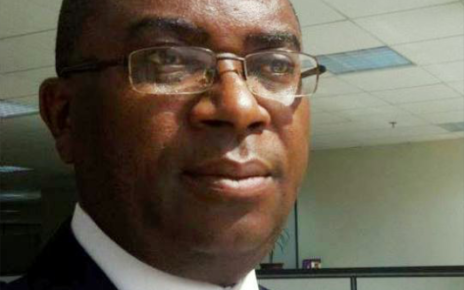The Federal Government has restated its commitment to bridging the metering gap and other constraints in the nation’s power sector through investments in critical technological tools and solutions and by so doing boost electricity supply nationwide.
The Special Adviser on Energy to Nigeria’s President, Olu Verheijen, made the pledge in her contributions at the 2024 edition of CERAWeek by S&P Global in Houston, United States.
The event, which had the theme ‘Energizing Tomorrow: Charting a successful path for Africa’s energy transition’ featured as panel discussants the Commissioner for Infrastructure, Energy, and Digitisation at the African Union, Dr Amani Abou-Zeid, and , Research Director and Senior Fellow at the Energy Security and Climate Change Programme, Centre for Strategic and International Studies, Gracelin Baskaran, while Research and Analysis Executive Director at S&P Global, Paul McConnell, moderated the discussions
Verheijen highlighted the Nigerian government’s strategy for decentralizing transmission and leveraging different technologies to boost electricity supply, particularly for high-demand customers.
However, she spoke on the government’s fiscal limitations and elaborately outlined the sundry innovative measures currently being adopted to de-risk and attract investments to the power sector
Citing the investment requirements identified by the International Energy Agency (IEA), which pegs the gap at $190 billion annually, to justify her points, Verheijen disclosed that the government remained focused in surmounting the fiscal challenges through targeted and creative solutions.
According to her, one of the key initiatives includes the plan to significantly enhance transmission capacity without necessarily fully raising the $10 billion initially estimates before completing the projects.
Verheijen pointed out that by adopting digital technology and smart meters, the initiative aimed to transform six million customers into paying clients, thereby increasing revenue, enhancing the financial health of public utilities, and attracting further investment.
In addition, the President’s aide explained that closing the metering gap and resolving financial liquidity issues makes it possible to mitigate risks throughout the value chain, attract more capital to the grid, extend access, and foster greater electricity consumption, signifying a transformative phase for Nigeria’s power sector.
Specifically, she clarified: “So, if you look at this scale of investments that are required, you know, some entities like IEA have estimated about $190 billion a year, we don’t have the fiscal space for that.
“What are we trying to do to make sure we are able to scale faster? We are making sure that we actually creatively target certain aspects that we think are catalytic to the rest of the entire value chain.
“So, we launched a presidential initiative recently. What are we using that to do? We say we need about $10 billion to double our transmission capacity, we don’t have that, but maybe we have a fraction of that and we can actually then make sure we procure metres, convert all of the 6 million customers that we currently into paying customers with digital technology and smart metres and make sure we grow revenue that way”, Verheijen assured.
This is even as she expressed optimism that Nigeria increase that revenue, then the country would be able to make sure that it improves the financial viability of these public utilities and attracts capital.
According to her, that is an example of how the government is being extremely strategic about the level of interventions that it has within our limited fiscal space.
Verheijen maintained that “once that is done and we have closed the metering gap, you have to address the financial liquidity issues that tend to be. When you’ve de-risked that entire value chain, we can then have more capital to that grid and then expand access and grow consumption.”




